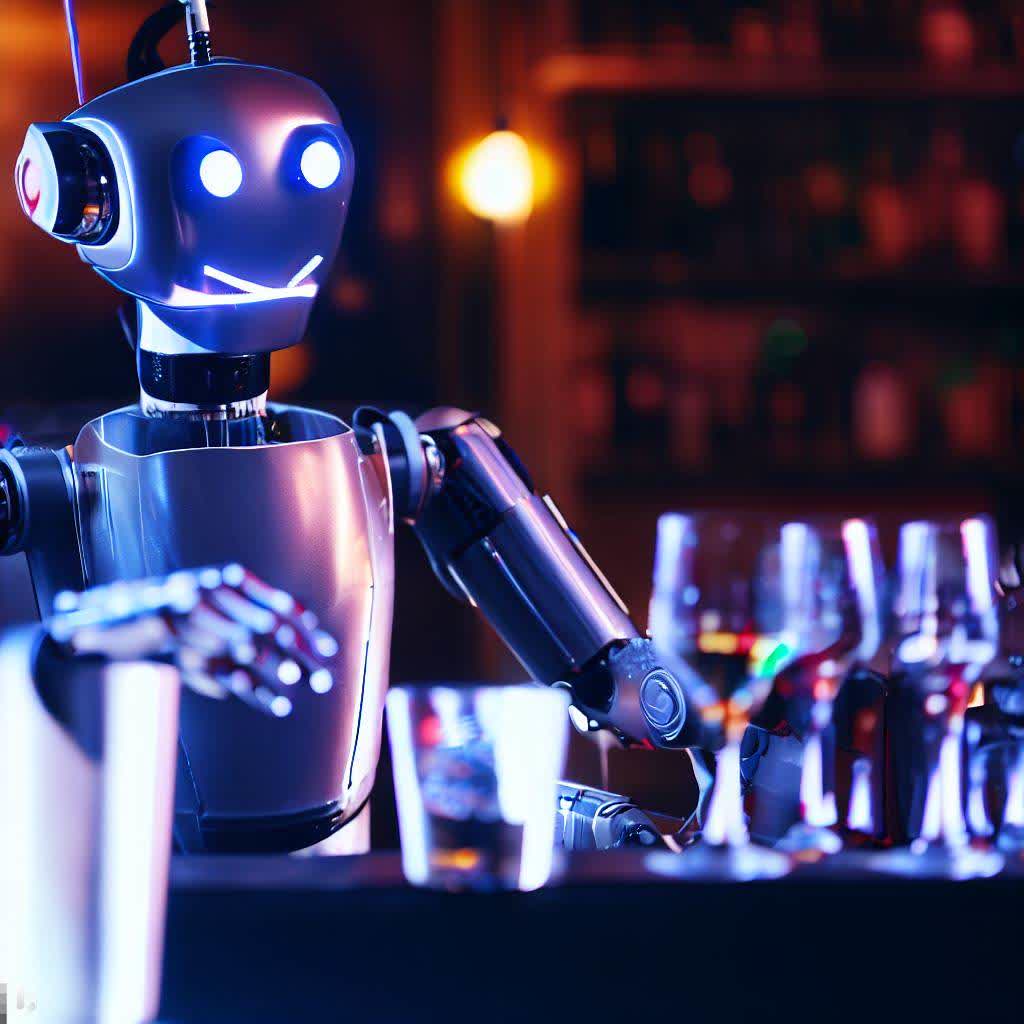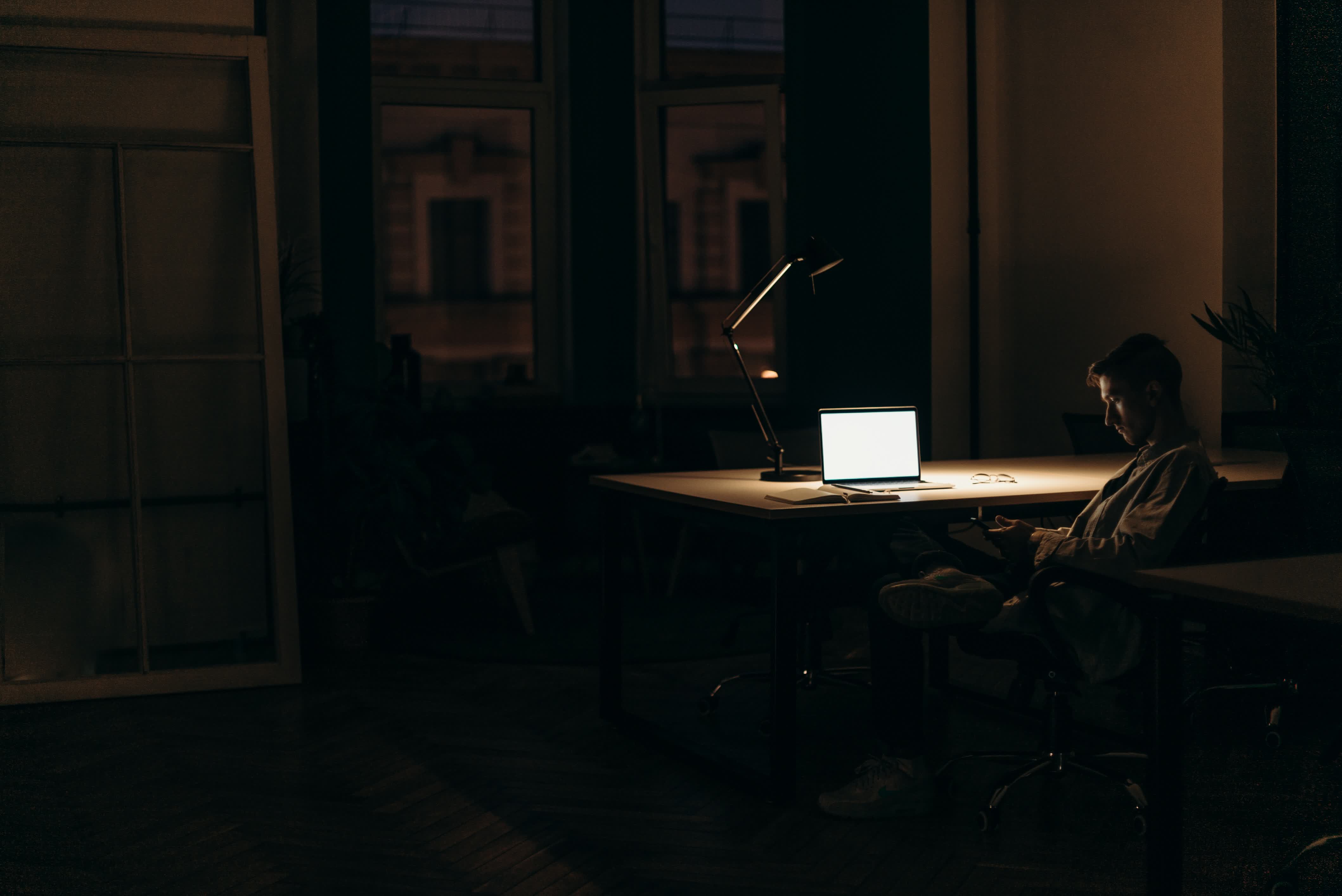In brief: In addition to warnings about making everyone unemployed and destroying humanity, it seems that artificial intelligence puts those that work with it at risk of developing mental and emotional issues and loneliness that could lead to excessive drinking and insomnia.
The new wave of generative AIs' ability to automate work tasks and act as convincing chatbots is well documented and is causing fears over potential mass job losses. Another concern stems from workers interacting more with machines and less with their fellow humans.
Researchers from the American Psychological Association wanted to examine the impact AI could have on those who work with it on a daily basis.
A generative AI is unlikely to swap stories about drunken weekend shenanigans with you
"…previously routine activities such as seeking a second opinion on a proposed solution for a client can now be provided instantaneously (and more accurately) by an AI system. Therefore, more frequent interactions with AI may lead employees to feel socially disconnected from others, which should increase feelings of loneliness," reads the study, via the Journal of Applied Psychology.
The researchers surveyed 794 workers in the US, Taiwan, Indonesia, and Malaysia, asking them to record their interactions with AI. After separating them into two groups, one was told to avoid using AI for three days while the other was told to interact with these systems as often as possible.
In Indonesia and Malaysia, the group using AI experienced a rise in loneliness and insomnia. The AI users in Taiwan, which comprised 166 engineers from a biomedical company, saw a rise in alcohol consumption after work, along with the same loneliness and insomnia seen in the Indonesian/Malaysian groups. The findings were similar among the US workers.
Interestingly, the AI users said they were much more helpful with co-workers and would actively seek them out to see if they could help them with their work. This was likely due the constant use of AI triggering a stronger need to socially connect with other humans.
"Humans are social animals, and isolating work with AI systems may have damaging spillover effects into employees' personal lives," lead researcher Pok Man Tang, an assistant professor of management at the University of Georgia, told The Daily Beast.
The authors said the study could help influence the development of future AI builds by, for example, giving them human voices to make the systems less robotic. Companies should also limit the amount of time employees spend using AI and place more focus on human interaction, with bots reserved for more monotonous, repetitive, uncreative tasks.
"AI will keep expanding so we need to act now to lessen the potentially damaging effects for people who work with these systems," Tang said.
The caveats with the study are that it was carried out using a small group of participants, and there may have been other factors influencing people's drinking, sleeping, and loneliness levels. Nevertheless, it's hard to argue against the belief interacting more with machines and less with people could make us feel isolated as human beings.
https://www.techspot.com/news/99048-using-ai-all-day-could-make-you-drink.html

